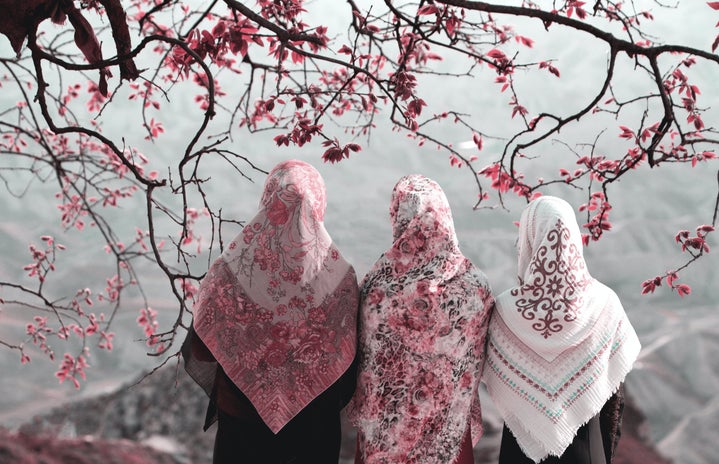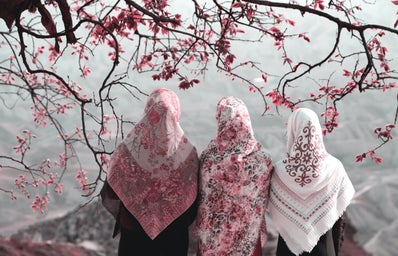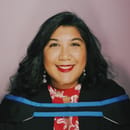Trigger Warnings: Violence, Child Death, Ethnic Cleansing
The illegal occupation of Palestine by Israel is one of the most pressing issues of the 20th and 21st centuries. The week of the 21st-27th of March saw multiple Israeli Apartheid Week (IAW) events organised by the University of Cape Town Palestine Solidarity Forum (UCT PSF) to raise awareness of this issue. The first IAW events were held in Toronto in 2005 by the Boycott, Divestment and Sanctions Movement (BDS) .The week calls for students to educate, discuss and disseminate information about the existence of Israel as an “apartheid state”, akin to the oppression experienced by people of colour in South Africa during the apartheid regime. They recognise the importance of the movement to free Palestine and celebrate Palestinian writers, artists and activists across the diaspora.
At the UCT event, a large board was displayed in the middle of the Sarah Baartman Plaza. Passers-by could read informative posters about how Israel became an apartheid state, ask UCT PSF sub-committee members questions or even add their handprints to a large mural of the Palestinian flag. This caused many people to leave the plaza with their hands stamped red, white, black or green and their brains painted with food for thought.
Background
Summarising the discrimination experienced by Palestinian people does not do the broader issue at hand justice. However, in order to understand the importance of the week, one needs to understand the reason it came to be. Essentially, there are two key dates to remember – 1948 and 1967. After the oppression of Jewish people during World War One in 1948, Jewish people who undertook the teachings of Zionism sought refuge in an area that was once the Ottoman Empire (later the British Empire, and present-day Jordan), where a majority Arab and Muslim population had already resided and were resistant to change. In an attempt to “resolve” this, the United Nations planned to give the respective groups of people part of the land but failed. This resulted in multiple Nakbas (wars, or more directly translated from Arabic, “catastrophes”)in which Palestinian people were displaced from their homes, discriminated against and killed in the fight for possession of the land. The Nakba of 1967 is the most prevalent as it marked when Israel gained control over the West Bank and Gaza Strip, in which large populations of Palestinian people already lived. The Nakba of 1967 established borders that hinder Palestinian freedom to this day.
The term “apartheid” is in reference to the fact that in the areas of East Jerusalem, the West Bank and Gaza, Palestinian people are seen as a lesser-than racial and ethnic grouping, a group of people deserving of dispossession. This is elaborated on by Palestinian-American and Post-colonial scholar Edward Said, as he condemns the way in which Israeli forces have constricted the movement of Palestinians within Gaza and the West Bank, similarly to how the movement of people of colour had been controlled during the South African apartheid regime. Furthermore, this has not been without casualties. According to the Defence for International Children Palestine (DIC), at least five Palestinian children were killed in 2022, and 60 children were killed in 2021. This is not, and should not, be referred to as something that has happened in the past. It is happening currently, and with the advent of social media, we see more of it every day.
Why Should South African Students Care?
According to the current chairperson of the UCT PSF Thameenah Daniels, it is important to note the difference between being pro-Palestine and being anti-Semitic.
“Being pro-Palestin[e] is not anti-Semitic,” says Daniels. “We [the UCT PSF] are against human rights violations, whether it is happening in Palestine [or] Ethiopia, anywhere. We try through our movement to bring awareness to all the other struggles that are going on in Africa in general as well because, as a country that faced colonialism, we want to make sure we stand up against colonialism in all other parts of the world.”
It is also important to note that after South Africa’s first democratic election in 1994, the then president of South Africa (Nelson Mandela) and the president of the Palestinian National Authority (Yasser Arafat) were in support of each other’s anti-apartheid movements. The late Bishop Desmond Tutu was one of the first to draw parallels between the oppression of the Palestinian people and the oppression of South African people under a similar apartheid regime.
“As South Africans, who have faced apartheid, who are still living the outcomes of apartheid, we have a moral obligation to stand up against people who are doing the same thing. Especially since Palestinians stood with us when they were going through their own apartheid,” says Daniels.
Sub-committee member Mogamat Imaad Abrahams agreed, stating, “With any struggle, there is a need to call out injustice… in the context of South Africa and specifically in the context of this campus. [It] has experienced a lot of oppression […], in particular policies that are against marginalised communities. UCT campus has a huge role to play in the movement to free Palestine.”
How Can We Help?
The main thing people can do is to spread awareness. According to Thameenah, information about the occupation of Palestine is scarce, and what is available is clearly portraying a certain view that does not highlight the importance of Palestinian liberation. You can also support the BDS movement, urge the authorities to be more conscious about their policy decisions, make donations and most importantly, read, read and read again!
Lastly, raising awareness for Palestine should not be confined to one week a year. Hopefully, events like this one can encourage a larger conversation and incite change.
More information and donation links can be found here.


